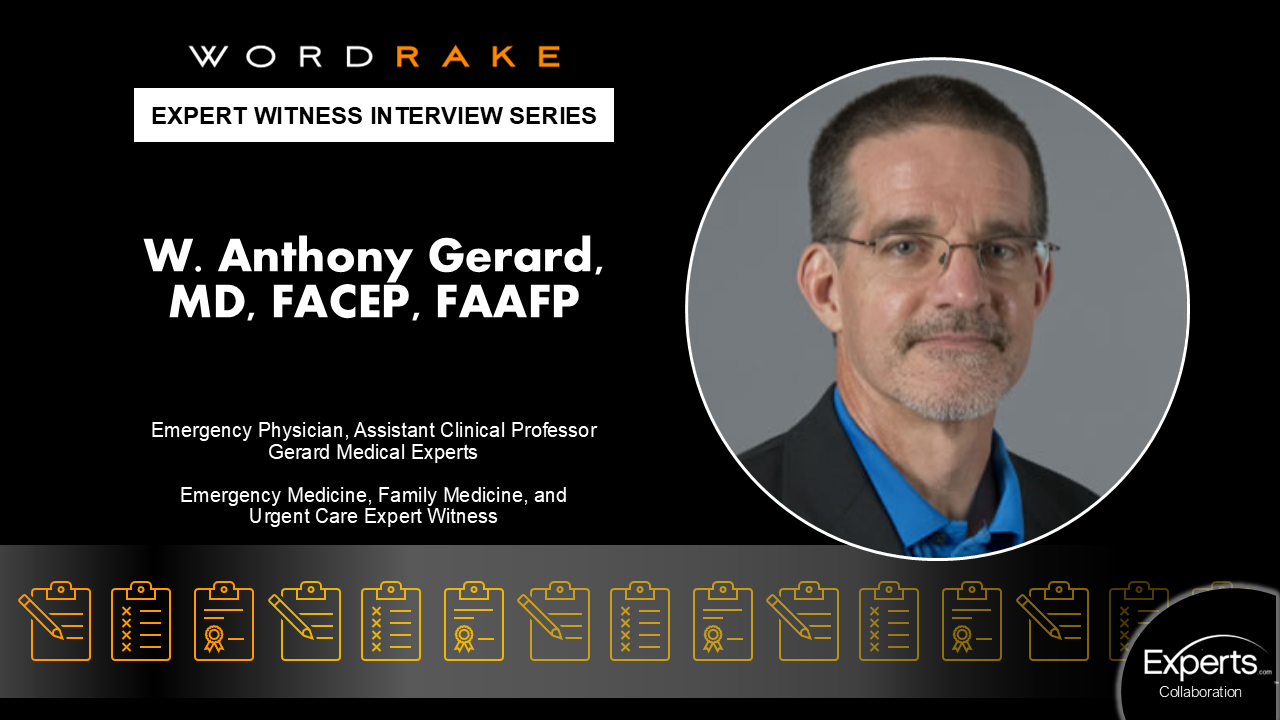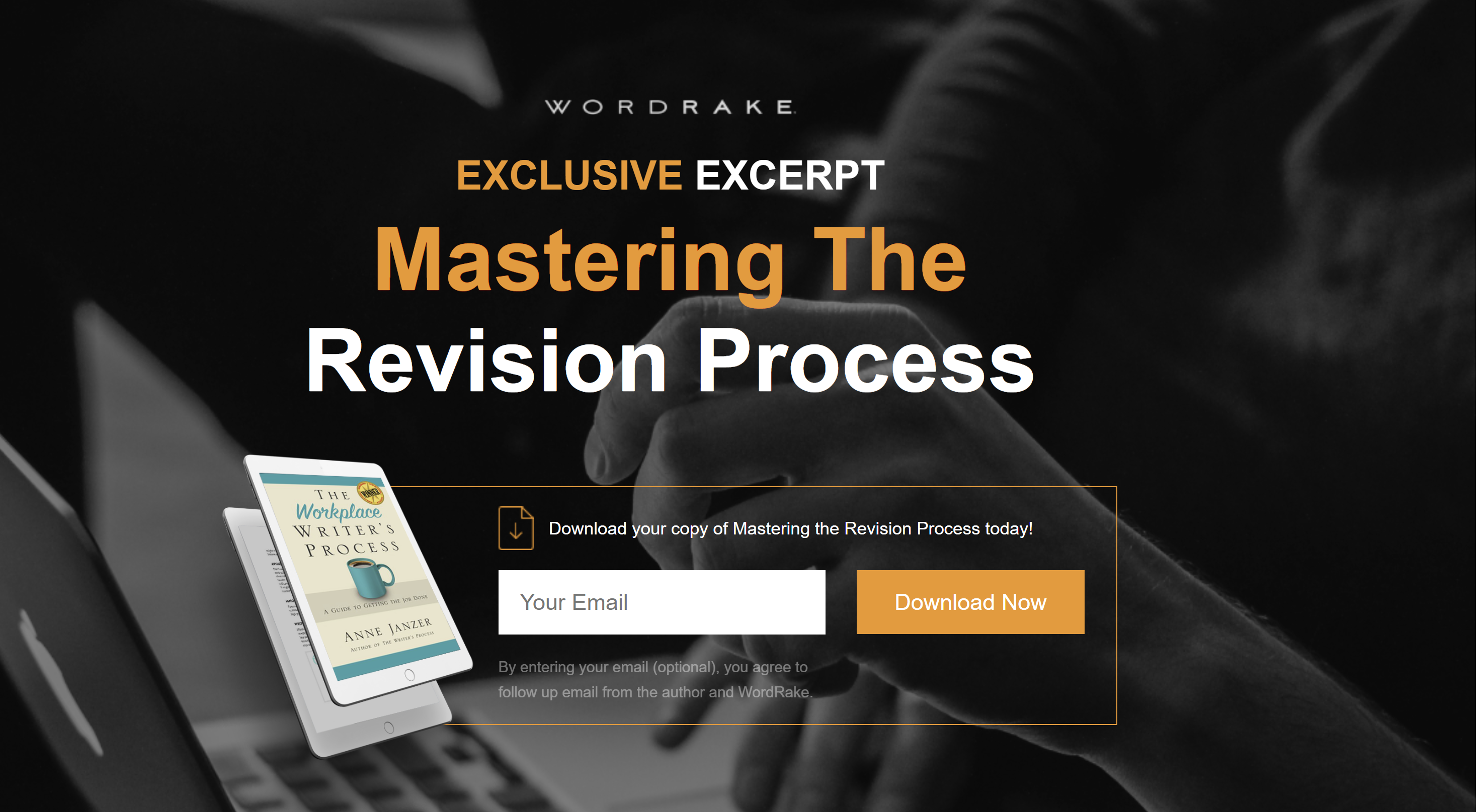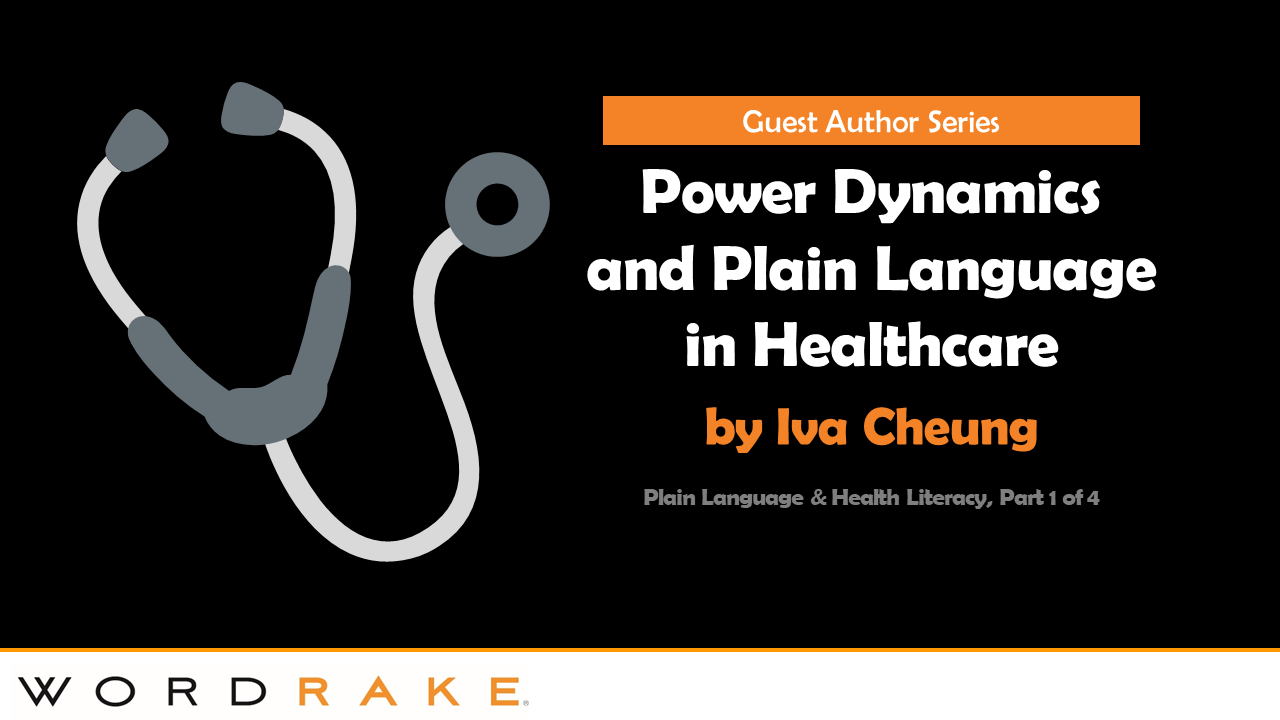W. Anthony (Tony) Gerard, MD, FACEP, FAAFP, is a full-time emergency medicine, family medicine, and urgent care clinician. He's also an assistant clinical professor and expert witness. Dr. Gerard specializes in cases of medical malpractice and has testified for both plaintiff and defense. He also does criminal cases for the prosecution, public defenders, and criminal defense attorneys. Learn about his medical profession, his expert witness practice, and the effort required to write a high-quality report.
What is your professional background, and how did you become an expert witness?
I am an emergency physician, urgent care physician, and a family physician. I became an expert witness 25 years ago when an attorney contacted me to review a case. Since that time, I’ve done thousands of reviews, and testified hundreds of times.
What kinds of cases do you typically work on, and what types of attorneys or law firms seek your expertise?
I have a broad scope of practice and do medical malpractice, criminal defense cases, and civil cases. My medical scope of practice includes Emergency Medicine (EM), Urgent Care (UC),and Family Medicine (FM). I review medical topics involving every disease process, since that’s what FM, EM, and UC are all about!
What kinds of documents do expert witnesses write?
Expert witnesses write many documents. I write expert reports, affidavits, investigations, and medical opinions. Many reports I write are for both civil and criminal cases. They differ in focus and content, but not in purpose.
How do you prepare to write an expert witness report?
Research, discussions, additional research, spending time at the computer, and sometimes dictation, help me prepare to write expert witness reports.
Why is it important to be a strong writer when you are an expert witness?
Written reports are often the key to resolving the type of cases I am hired for. When testimony is needed in a deposition or trial, these reports provide a written reference for this testimony.
What's the most important element of an effective expert report?
The most important elements of an effective expert witness report are clear writing, knowledge of the material, and objectivity.
What strategies or tools help you make your reports more persuasive and defensible in court?
I sometimes use ghost writers and AI writing assistants, but the most important strategies are dependent on my own skill as an expert witness. I love to dictate my reports to an effective and knowledgeable transcriptionist.
Because AI is prevalent, how valuable is it to execute good expert witness writing? Has AI changed the quality of expert witness writing?
Yes. It has helped and will continue to help. Since it is just a tool, it needs to be implemented with "guardrails." I expect some experts will use AI poorly, thinking it can replace original thoughts and writing from the expert. This is a danger that professionals must avoid.
How do you avoid overwhelming non-expert readers with technical language?
I am an experienced expert and a good writer, so I try to avoid technical language. When it’s necessary, I am careful to explain the meaning to the reader in layman’s terms.
How does online visibility—like directories or profiles—help attorneys find you and evaluate your practice?
The very best way for experts to get new cases is online visibility through sites like Experts.com. I list with several. Few experts realize the importance of these directories.
Have you ever had to revise a report after feedback that it wasn't clear or persuasive enough? What did you learn?
Yes. My reports are high quality to start with, but feedback is always important. I always solicit feedback from the attorney. In some instances, they have “writing staff” in the office who can re-format my reports. Medical opinions need to be my own, but a professional writer can dramatically improve reports.
What do you wish lawyers knew about working with expert witnesses?
I would like all attorneys who think they might need a medical expert to be aware that physicians like me—with a broad scope of practice-—are the perfect “first contact.” I can always help an attorney: if I’m not the right expert, I can help them find one. I also would like more criminal defense attorneys to know that emergency physicians are the perfect expert for them.
What information do you wish lawyers would give you when initially contacting you about a potential engagement?
In civil cases, when initially contacting me, I wish plaintiff lawyers would give me the answers to the following questions:
1. What is the timeline?
2. Are they looking for an objective expert, or are they already committed to the case and are therefore looking for an opinion that is favorable to their case?
For criminal and defense cases, less information is needed, but I try to accept these regardless.
Tell us about a published piece of work that you're most proud of and why.
I have written dozens of high quality reports. I am a published author on “The Role of Family Physicians in an Evolving Emergency Medicine Workforce." I've also written a dozen or so articles. I’m proud of these. I'm also proud of all my expert reports and believe they are excellent. I've written hundreds.
What's the most valuable lesson you learned as an expert witness?
I've learned three important lessons as an expert witness.
1. Medical malpractice is complicated.
2. Experts must be able to perform reviews without hindsight bias.
3. Attorneys have incredibly hard jobs and need good experts.
What changes would you like to see in the expert witness industry?
I’d like to do more reviews. Good experts need to do both plaintiff and defense cases. Few physicians know this.
The “industry” needs to know that experts like me are a valuable and underutilized resource. I can review almost any case and help an attorney know “where to go," even if they don’t retain me.
About the Author
W. Anthony (Tony) Gerard, MD, FACEP, FAAFP, is a emergency medicine, family medicine, and urgent care expert witness. He is a Board certified professional who has testified in criminal and civil cases related to medical malpractice.
Visit Dr. Gerard's Experts.com profile and connect with him on LinkedIn.









